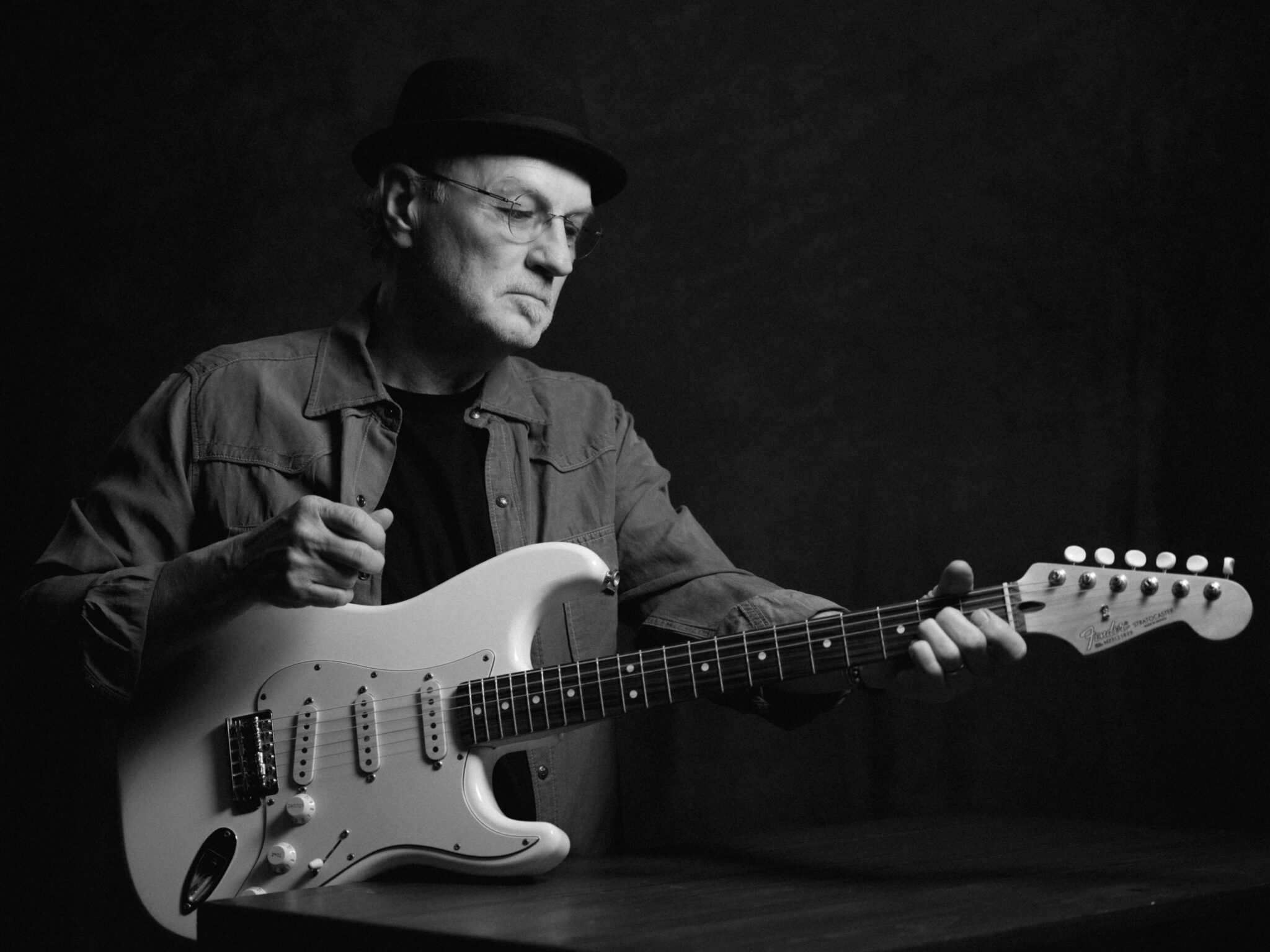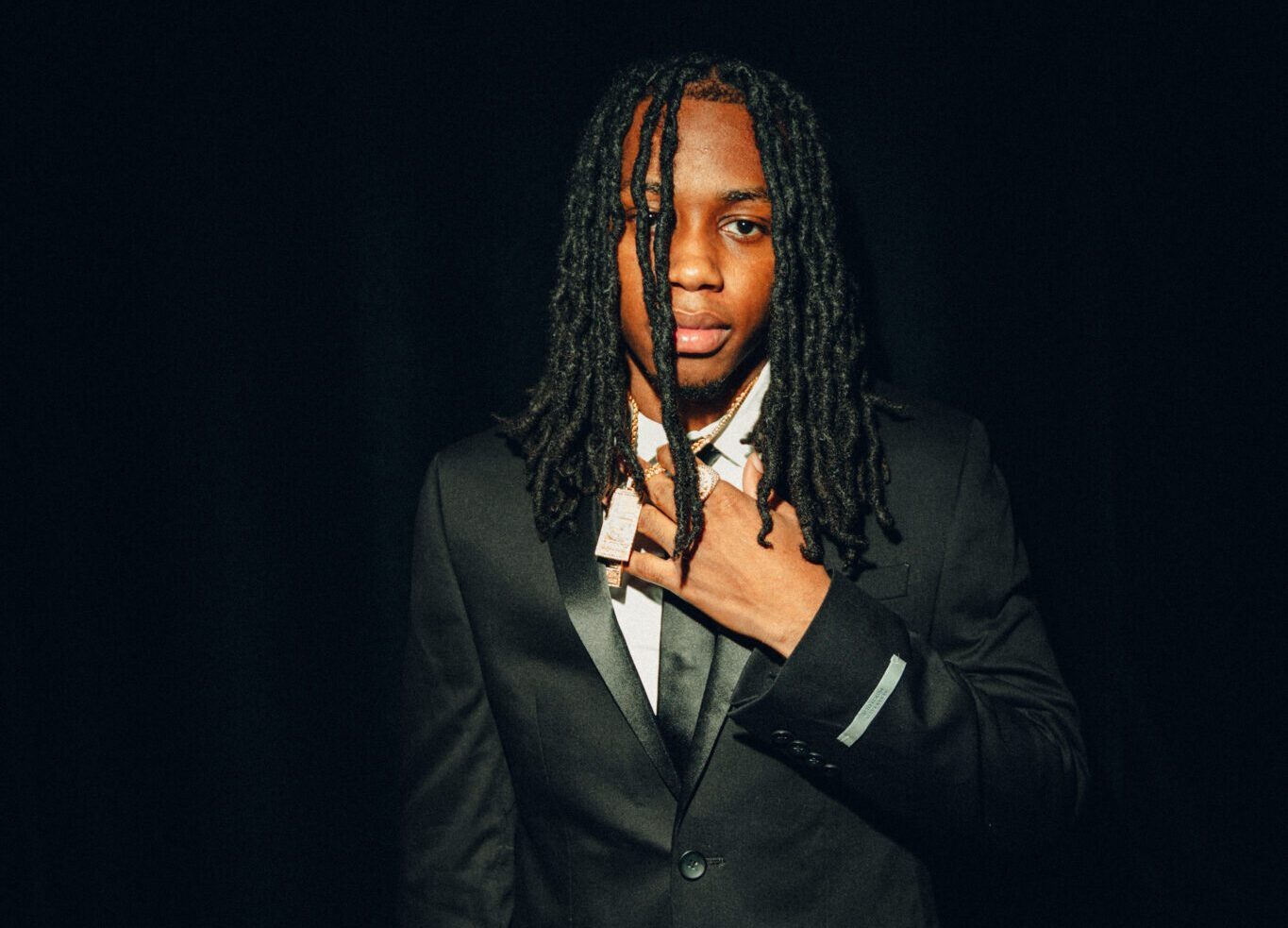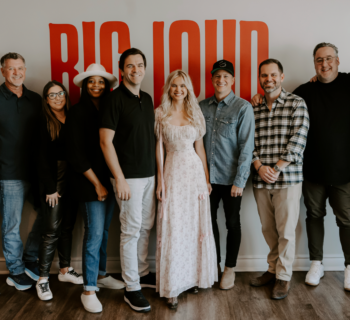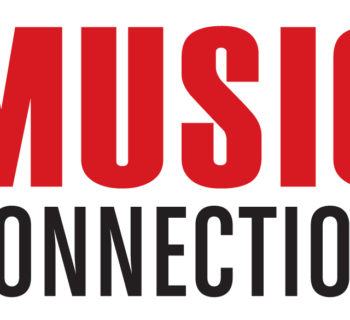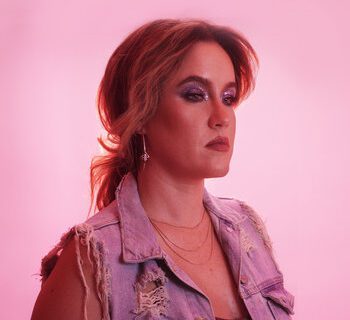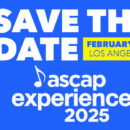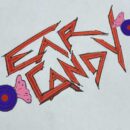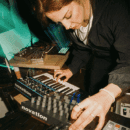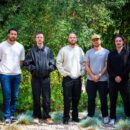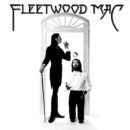Lyrical Lighthouse
What do Herb Alpert, Babyface, Lynyrd Skynyrd, Aretha Franklin, Joe Cocker, Flo Rida, the Manhattan transfer, Blacksheep, and Kanye West have in common? Brenda Russell.
Grateful for her parents’ influence and teachings, Russell’s father did a similar club circuit to Nat King Cole, who once told him, ‘If I had a voice like yours, I'd be rich.’ Of her songwriting mother, Russell says, “in her day, black women didn't write songs. You didn't hear about it if they did. But she did. I used to think everybody's mommy wrote songs when I was a little girl.” With her mom telling her over 30 years ago that she needed to write a musical, Russell’s work on Broadway’s the Color Purple has received 11 tony nominations and often overshadows her artistry and songwriting. Revived in 2015, the show went on to win 2016’s tony for Best Revival of a Musical and Best Actress in a Musical (Cynthia Erivo), and a GRAMMY for Best Musical Theatre Album for Russell (alongside songwriters Stephan Bray and the late Allee Willis).
Russell’s mom also nudged her towards performing. “Rufus was the first to record our songs [as Brian & Brenda (Russell)],” shares Russell. “[We] met Andre Fisher. I was lucky to meet people like that.” Fisher was instrumental in the studio, ensuring musicians listened to Russell’s ideas for recordings. Perhaps best known for 1988’s “Piano in the Dark,” the song earned GRAMMY nominations for Song of the Year and Best Pop Performance and, while Russell didn’t take home any hardware, she got a call from Bob Dylan saying she should have won. Quincy Jones also called to praise her work. Always keeping a book of titles and ideas for songs, two days after being asked to write lyrics to some music, she had only a title: “Piano In The Dark.” When asked what it meant, she confessed, “I don't know, but I'll figure it out.” With credits including Earth, Wind & Fire, Patrice Rushen, Roberta Flack, Donna Summer, Al Jarreau, Diana Ross, Sting, Stevie Wonder, Oleta Adams (“Get Here”), Luther Vandross (“If Only For One Night”), and many more, her music has been sampled by Mary J. Blige, 2Pac, Bow Wow, Janet Jackson, Ariana Grande, SWV, etc.
When called to write lyrics for Sting on two days’ notice, Russell knelt down saying, ‘God, I need to go to a higher level.’” She often asks for help. “I call on artists that have long gone; I've done that for decades. I want their spirits to help me write a song.” There are “No rules. It just comes,” she says. “The first song I wrote was “So Good, So Right,” my first hit. I'm washing dishes after dinner and that song's in my head. I leave the dishes, go into the living room where my guests are, sit at the piano, and start writing. I never wrote in front of people, but knew if I didn't write, it would be gone. It taught me fearlessness - just do it, trust your gut.”
“I learned about songwriting from Aretha Franklin,” confesses Russell. “She asked if she could have a song. I was a major fan – major – and was out of my mind. I was projecting what I knew about her instead of writing a song I would write for myself. When I sent it to her, she said, ‘no - I want a Brenda Russell song.’ I was flattered. It was inspiring, too. They like what I do for me.”
Bray, Willis, and Russell didn’t originally have a project to work on together. “I looked up and said, ‘we need something bigger,’” shares Russell. Shortly thereafter, someone called about The Color Purple. “It was magical,” she says. “You never know how signs are going to come, the inspiration to do something. You have to be [an] open channel. It’s a frequency you tune into - it's all there. You just got to chill out, get out of the way.” 2023’s film adaptation of The Color Purple had updates on works including “Shug Avery Coming to Town” (co-written by Russell, Bray, and Siedah Garrett). The film soundtrack has been nominated for a 2025 GRAMMY Award for Best Compilation Soundtrack for Visual Media.
Releasing a Brazilian-flavored reimagining of “You Know What It’s Like,” produced with longtime collaborator Stephan Oberhoff in celebration of co-writer/friend Roberta Flack, following “What Will It Take,” Russell is finalizing her first album in 20 years (Songpainter), which is expected this Spring.
Contact Tom Estey, tomestpr@yahoo.com
Visit Brenda Russell at brendarussellofficial.com


